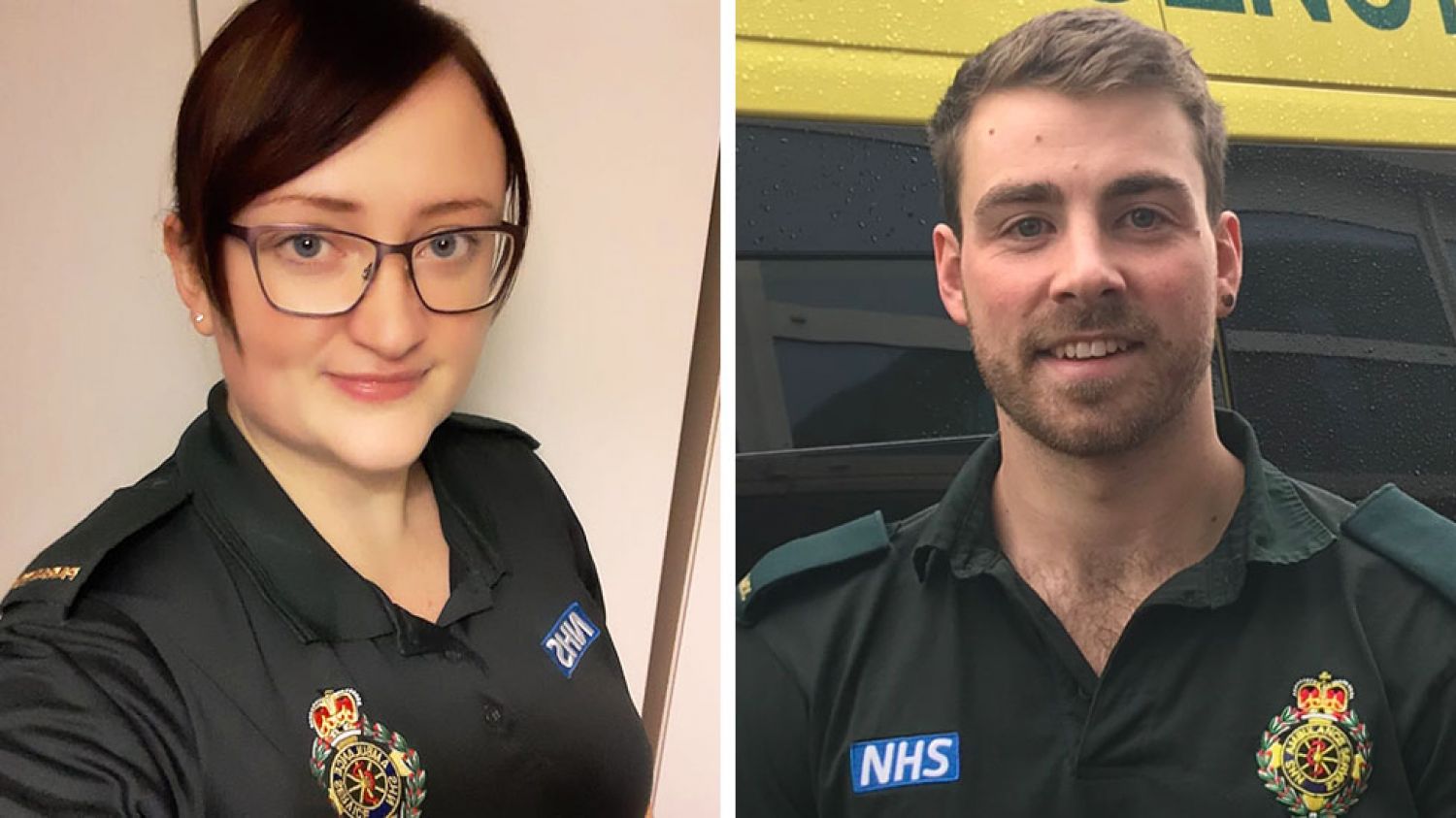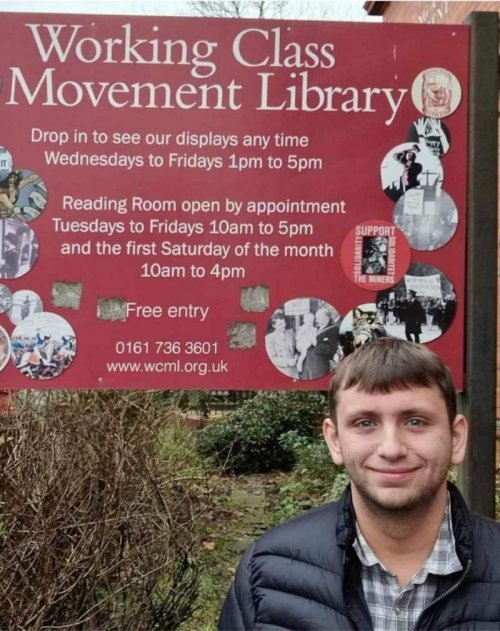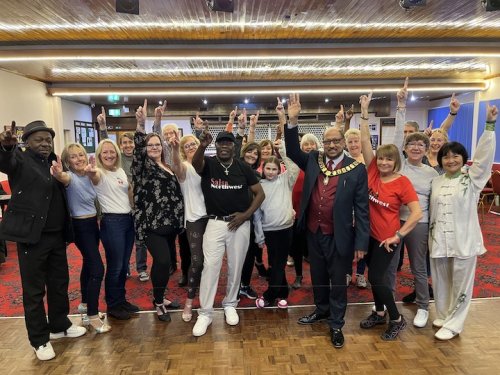
Paramedics Breaking News to Loved ones
Nov, 2 2020
For paramedics Kathy and Ben their days are very stressful. Their work varies from traumatic medical emergencies to life threatening casualties. But there is also a more fragile aspect of their work that they too need support from fellow work colleagues to help them get through it.
According to the London Ambulance Service the number of suicide and attempted suicide incidents has increased, with crews attending an average of 37 callouts per day, compared to 22 in 2019.
Ben is at the forefront of the West Midlands Ambulance Service. Each time he receives a suicide call he follows the same procedure.
As he explains the process,
"We have to consider how [the person's condition] will affect the way they behave with us. Often the fact we have been called by them is a really good sign that we can make a difference.”
Kathy Spencer is a 28-year-old North West Ambulance Service paramedic and agrees with Ben in the following statement,
“It's important to keep an open mind with each incident, but that things can become harder when there's a connection with the patient. Because you are human and can put yourself in their shoes, especially if it's problem you can relate to. Sometimes a patient stays with you because you wonder how they were after that point of contact."
Both paramedics would agree that telling the family their loved one has died in a tragic, untimely way is one of the hardest parts of the job that never gets easier. They form close personal attachments with families who grieve their family member and that association will stick with them forever.
Kathy explains that not knowing how someone will react makes it tough.
"So it's always important to be patient. I let them ask any questions they want to and be clear about what's happened. Each case is very much individual. Developing an approach makes you hope it gets easier, but every situation can be a new one."
It takes real empathy to put yourself in the shoes of a sufferer who has taken their own life. But this can also be a mentally draining exercise. So what do Ben and Kathy do to cope for sheer escapism.
Kathy develops the conversation further,
"I think it's important to talk to people who understand if something at work has been difficult to deal with. Yoga helps me stay mentally strong after a hard day - and the love of my dogs.”
Ben finds other comforts,
"Exercise is my release, doing a lot of running, cycling and gym. Music is a big one to take my mind off it. My wife is really important because she's not in medicine. So although she doesn't understand what we've seen, she's great at listening and understanding."
And the biggest thing Ben takes away at the end of a rough day?
"Knowing my family is safe and sound."
If you would like more information and support on mental health and suicide, please log on to the following website address:
NHS paramedics: 'The suicide callouts stay with you'
^Alex Ashworth CCG UK Blogger






